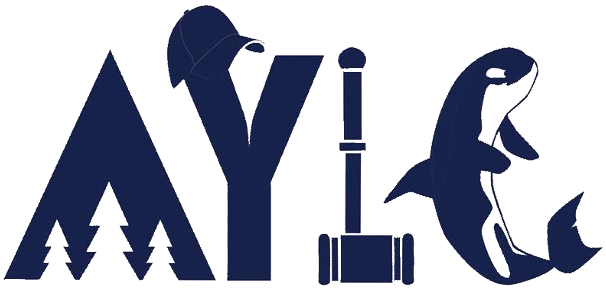Minimum Wage and Overtime
Minimum Wage and Overtime

Why are minors prohibited from doing some jobs?
Some laws limit the kinds of work minors can do, and set rules about working hours and conditions. These laws, generally called child labor laws, are intended to protect the health of young workers by keeping them away from dangerous work or exploitation.
What kind of work are minors prohibited from doing?
If you are under 18, state law limits what types of work you can do and the hours you may work. If you are younger than 18, you cannot work at all in hazardous excavation, underground in mines, as a hoisting engineer in mines, or generally in any occupation that is dangerous or that might be bad for your health. You also cannot work more than six days a week. Certain exceptions may apply. Contact the Alaska Wage and Hour Administration for more information.
After you turn 18, you can work in jobs that require you to do hazardous tasks such as handling explosives, using power-driven cutting machinery, logging, mining, roofing, and meat processing. It is important that you have a realistic understanding of your skills and physical abilities and be aware how an employer can take advantage of you, because the law will no longer prevent you from performing dangerous work.
Are there any limits on the work I can do after I turn 18?
If you are over 18 but not yet 21, you can work at a hotel or restaurant that is licensed to sell alcohol, but you cannot sell, serve, deliver, or dispense alcoholic beverages. You may not sell tobacco or tobacco products before you turn 19. If you are under 21, you may not sell pull-tabs.



